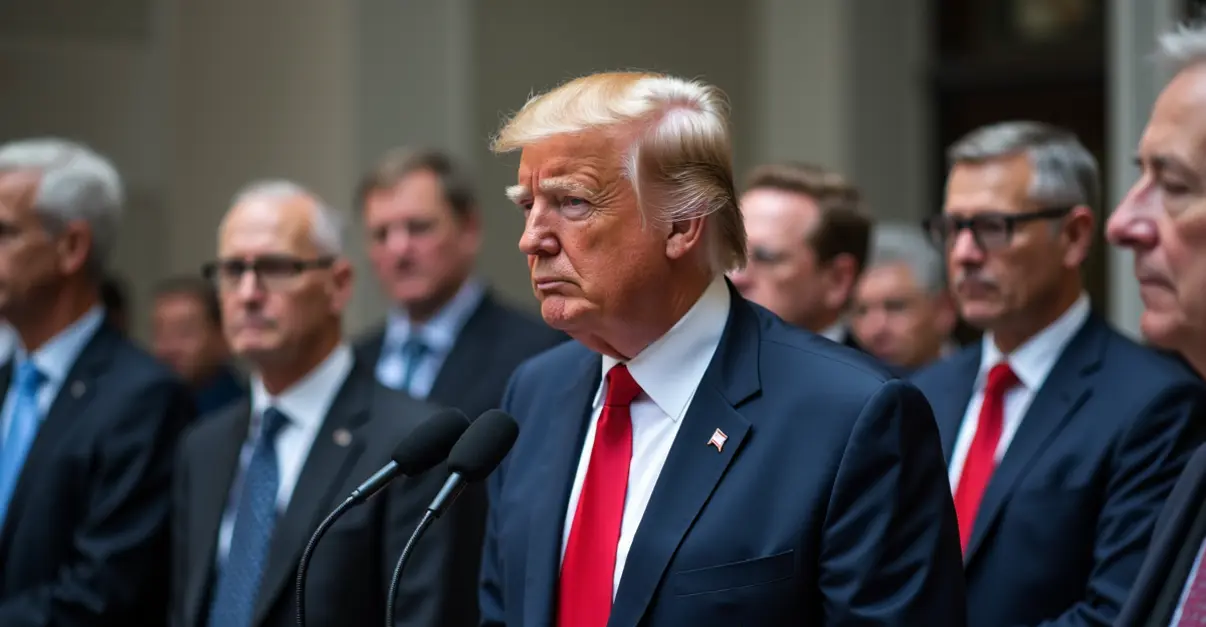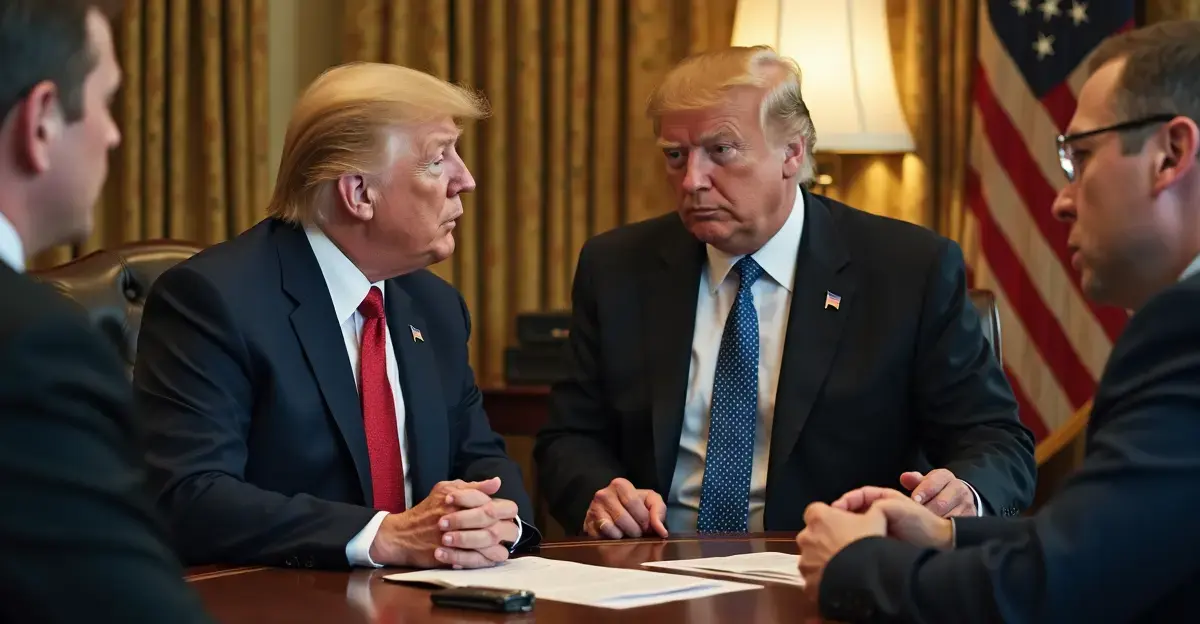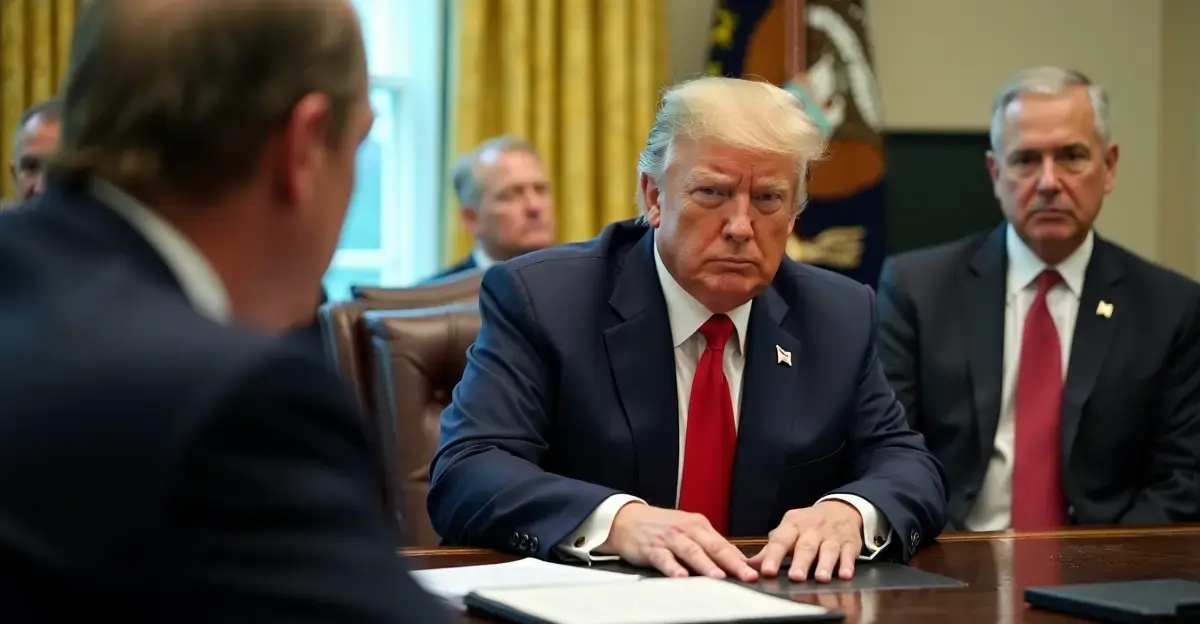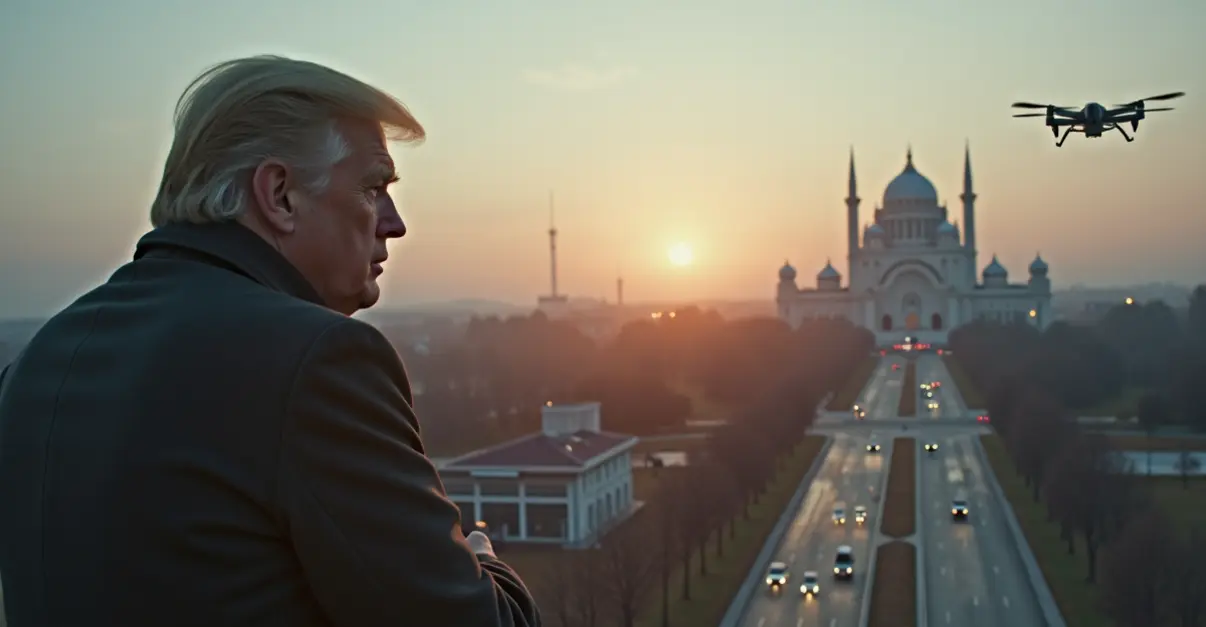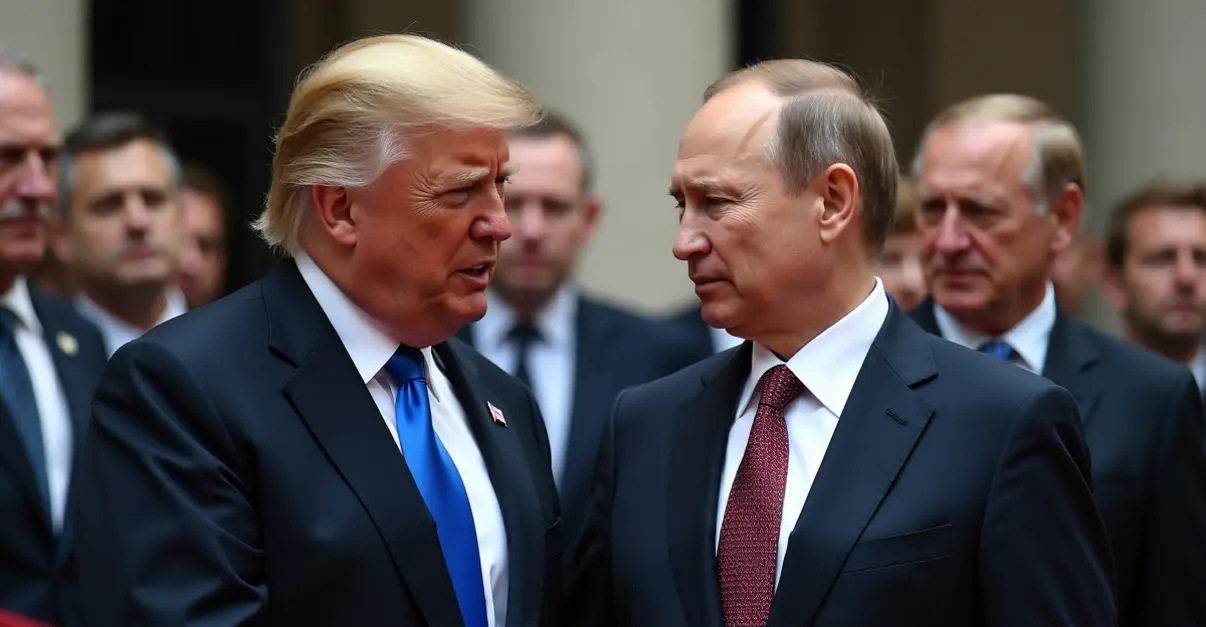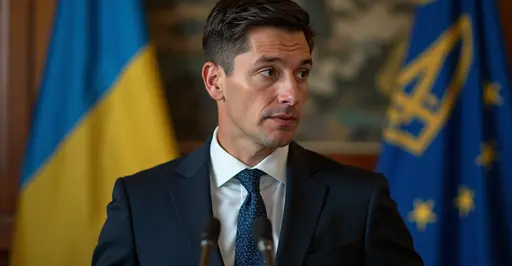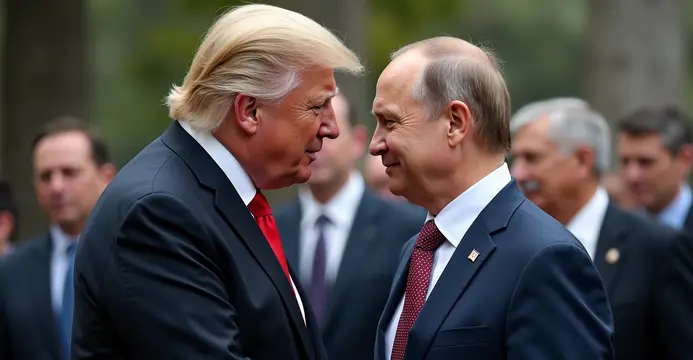Ukrainian President Seeks US Support in White House Meeting
Ukrainian President Volodymyr Zelensky arrived at the White House on Friday with renewed hope that President Donald Trump could replicate his Middle East diplomatic success in Ukraine. The visit marks Zelensky's third meeting with Trump since the American president returned to office and comes just days after Trump helped broker a ceasefire between Israel and Hamas following two years of conflict in Gaza.
'Poetin kan gedwongen worden tot vrede, net als een terrorist' (Putin can be forced to peace, just like a terrorist), Zelensky wrote on social media, drawing direct parallels between the Gaza agreement and his hopes for Ukraine. The Ukrainian leader's optimism stems from Trump's demonstrated ability to pressure adversaries into negotiations, though many analysts remain skeptical about whether similar tactics would work with Russian President Vladimir Putin.
Tomahawk Missiles as Diplomatic Leverage
The centerpiece of Zelensky's request involves advanced American weaponry, particularly Tomahawk long-range cruise missiles that could strike deep into Russian territory. Trump has publicly floated the possibility of supplying these weapons, telling reporters: 'Russia doesn't want Tomahawks going in their direction.' The threat appears to have already produced diplomatic movement, with Putin agreeing to meet Trump in Budapest within two weeks.
However, the potential missile transfer faces significant hurdles. 'Tomahawks are vicious, offensive, incredibly destructive weapons,' Trump acknowledged during his Middle East trip, expressing reservations about sending such advanced systems to Ukraine. The Kremlin has warned that any provision of long-range cruise missiles would represent 'a serious escalation' that could damage US-Russia relations.
Budapest Summit Looms as Potential Turning Point
The upcoming Trump-Putin meeting in Hungary represents the second summit between the two leaders since Trump's return to power. Hungarian Prime Minister Viktor Orbán, who maintains close relationships with both Trump and Putin, has positioned his country as 'the island of PEACE' where such delicate negotiations can occur.
Kurt Volker, former US ambassador to NATO, noted the strategic significance of Trump's approach: 'Druk zorgde ervoor dat Hamas aan de onderhandelingstafel kwam, maar we hebben nog geen vergelijkbare druk op Rusland gezien' (Pressure brought Hamas to the negotiating table, but we haven't seen similar pressure on Russia yet).
Ukrainian Soldiers Remain Skeptical
For those fighting on the front lines, the high-level diplomacy feels distant and potentially meaningless. Sergeant Oleh, a drone operator fighting in the Donbas region, expressed the sentiment shared by many Ukrainian soldiers: 'Het heeft geen zin om met terroristen te praten' (It makes no sense to talk with terrorists). He added: 'Maar weet hij met wie hij te maken heeft? Dat betwijfel ik' (But does he know who he's dealing with? I doubt it).
The skepticism reflects Ukraine's painful experience with previous agreements with Russia, all of which have been violated. Many Ukrainians fear that Trump's desire for a quick peace might come at the cost of Ukrainian territory, while Putin's war machine continues to operate at full capacity.
Zelensky's Diplomatic Balancing Act
Since their disastrous White House meeting earlier this year, when Trump publicly berated Zelensky for being 'respectloos' (disrespectful), the Ukrainian president has worked diligently to repair the relationship. Zelensky has emphasized Ukraine's resilience, noting that his country has successfully resisted Russia for 3.5 years and continues to strike back against Russian energy infrastructure.
The Ukrainian leader's positive framing of Trump's diplomatic efforts continued after his arrival in Washington. 'De taal van kracht en rechtvaardigheid werkt tegen Rusland, net als die tegen Hamas werkte' (The language of strength and justice works against Russia, just as it worked against Hamas), he wrote on social media.
Yet despite the diplomatic optimism, most Ukrainians expect a long struggle ahead. As Sergeant Oleh concluded: 'Poetin wil geen einde aan de oorlog en als er een overeenkomst komt, dan wordt die toch geschonden' (Putin doesn't want an end to the war, and if an agreement comes, it will be violated anyway).
Sources: Wall Street Journal, The Hill, CNN

 Nederlands
Nederlands
 English
English
 Deutsch
Deutsch
 Français
Français
 Español
Español
 Português
Português
